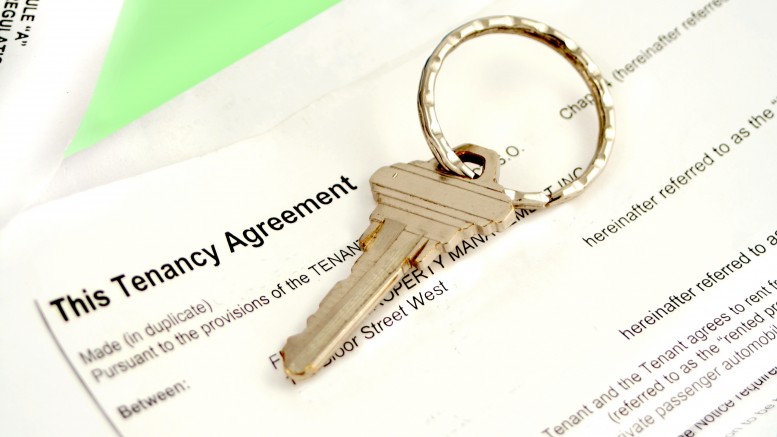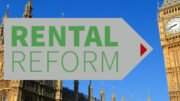Whilst concerns have been raised about the impact of government reforms on the private rented sector, they are not the only ones who will have to accept change. The social sector will also be hit and it is the tenants who will pay the price.
The Government’s policy on Pay to Stay will raise enormous amounts of income. Any household with an income of more than £30,000 (£40,000 in London) will have their rent increased to the market rent, or near market rent, from 2017.
An impact assessment of the measures in the Housing and Planning Bill estimate that this could generate more than £1bn per year in extra rental income by 2020/21. Where the landlord is a housing association, the additional income, estimated at £370m in 2017/18, rising to £540m in 2020/21 would go into their coffers. The same amount is expected to be raised from council tenants but would be returned to the Treasury.
This is likely to spur more tenants into home ownership, through Right to Buy schemes. Perhaps others will decide that, paying a market rent, they would prefer not to live in social housing developments. That could mean a ready market for better properties in decent areas. Admittedly, they may want to negotiate rents down, but a tenant who feels grateful for where he lives is a better option, even if paying a few pounds less than someone who has no intention of staying for more than a few months.
Combined with other plans for the ‘Home for Life’ through social landlords to become past history, it is easy to see that, building aims aside, the private sector is going to be needed for some years to come. Several local authorities are currently consulting on and considering offering only fixed term tenancies for 5 years. At the end of a 5-year fixed term, the tenants would be expected to move out, leaving the social accommodation unit available for emergencies and those starting out in life. There is some help available currently for first-time buyers, and this may increase, of course, but the long-term aim is greater independence, either in home-ownership or in private renting.
A private landlord, making such an arbitrary decision, would be castigated and maligned. Obviously, social landlords are a law unto themselves and no blame will be attached to them.
This must mean greater stress for the poorer tenants, unable to raise the substantial deposits needed for home ownership. Will we see a greater social divide, as the benefit dependent (and there will always be some, despite Universal Credit) find themselves relegated to properties which reach the minimum standard of the Housing Health and Safety Ratings system, but no better, whilst the better properties will go to those perceived as the safest risk, the working with good deposits. It is even possible that some will feel themselves forced into accepting properties that do not meet this standard.
Landlords, be prepared. There may be a glut of prospective tenants who will meet your highest criteria. Make sure your properties are the same and let the social landlords solve the problems of those they want to evict but who will not be favoured tenants for the private landlord, who for once might find himself with a portfolio of properties let to tenants who will appreciate not having to pay increased rents if their salaries increase and who can stay in comfortable properties for as long as you would both want.









Be the first to comment on "Social Tenants Must ‘Pay to Stay’"